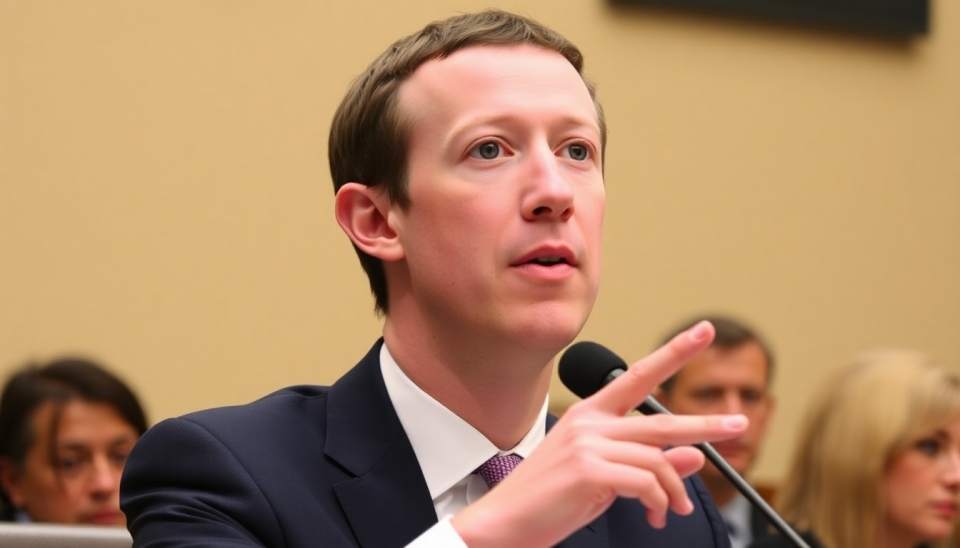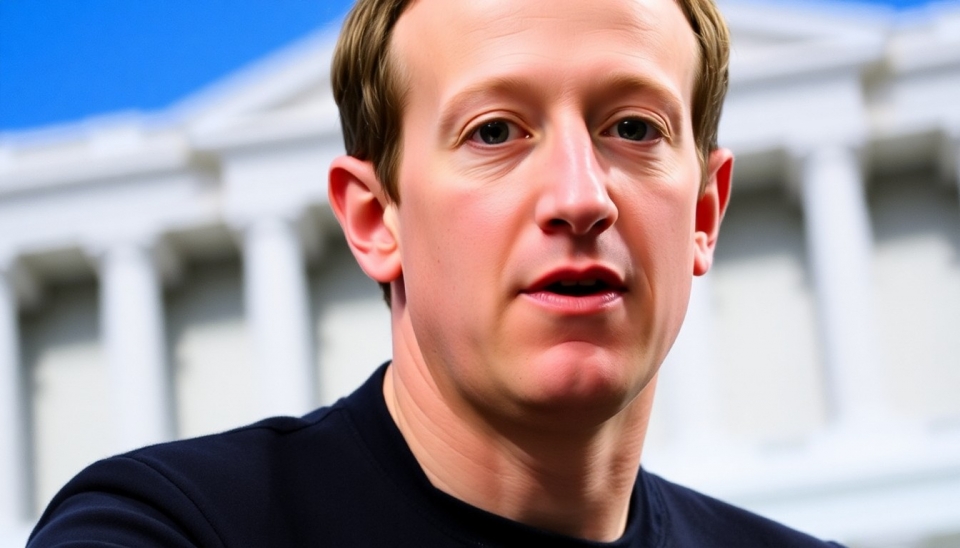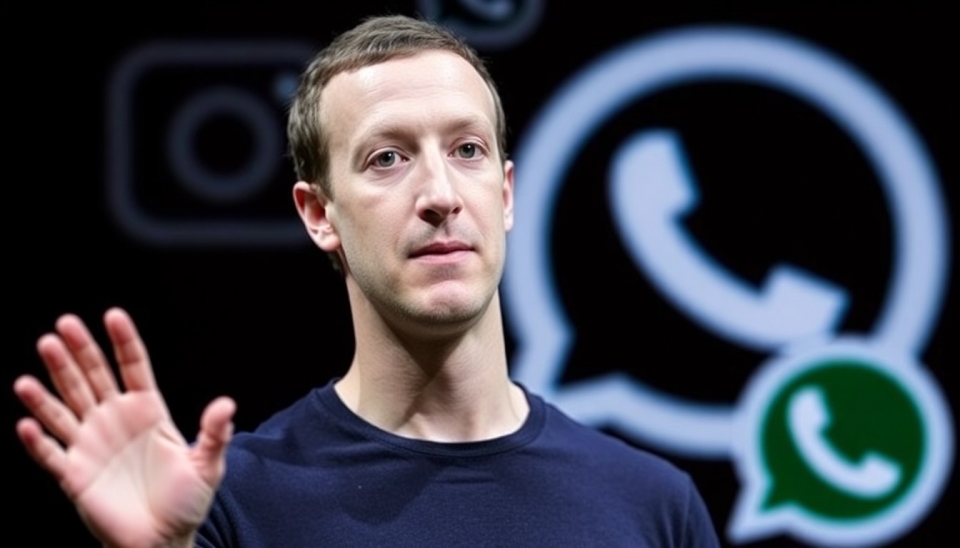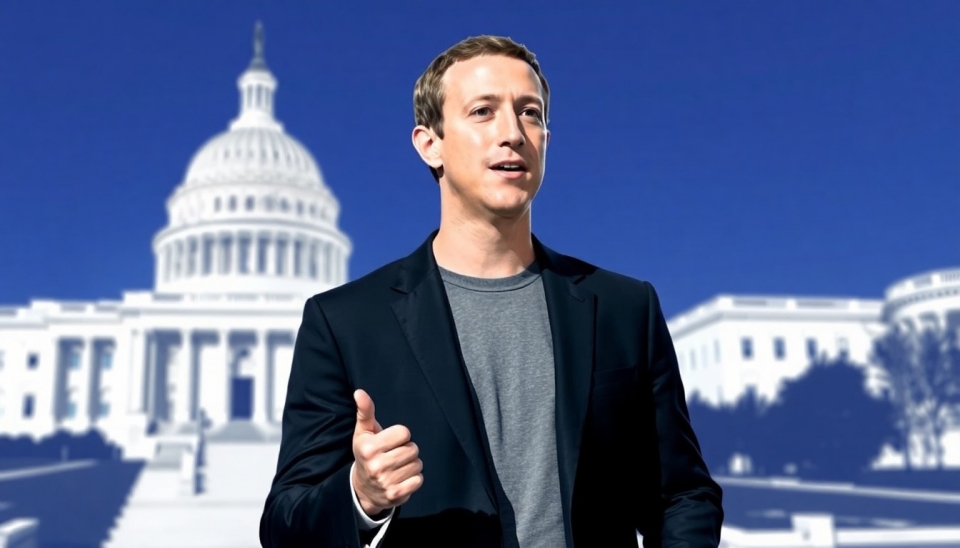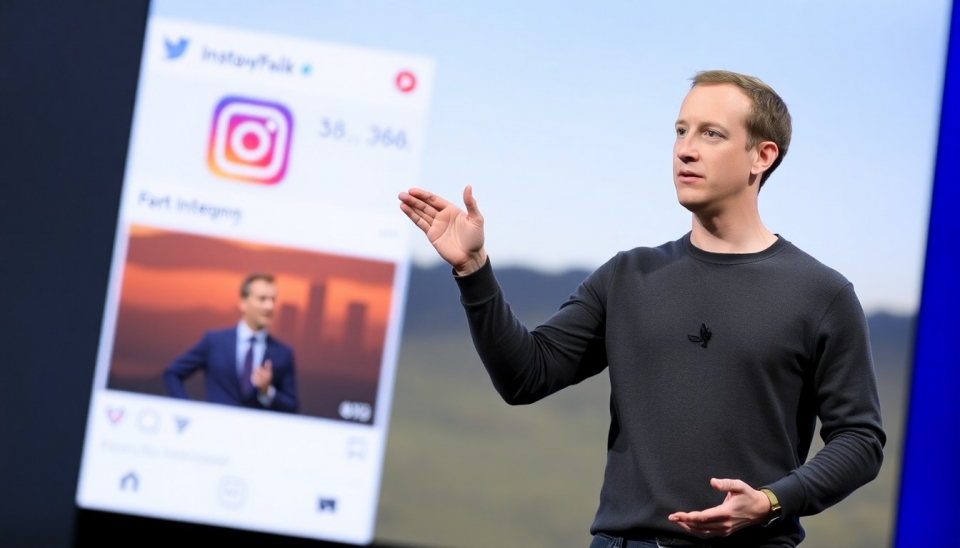
In a surprising revelation, Mark Zuckerberg, the co-founder of Meta Platforms, disclosed that he contemplated spinning off Instagram from the larger Facebook ecosystem back in 2018. This insight emerged during a recent earnings call, where Zuckerberg discussed the implications of the platform's exponential growth and its evolving business strategy.
Initially acquired by Facebook in 2012 for approximately $1 billion, Instagram has significantly transformed under Zuckerberg’s leadership. It has evolved from a standalone photo-sharing application into a critical component of Meta's digital advertising strategy, attracting a massive user base and generating substantial revenue growth. However, the thought of separating Instagram was a consideration driven by the platform's staggering popularity and the need to streamline operations.
During the call, Zuckerberg elaborated on the competitive landscape that forced the company to reassess its approach. He noted that the rapid rise of competing platforms and the changing dynamics of social media necessitated a strategic reevaluation. The idea of an Instagram spinoff was seen as a potential move to give the platform more autonomy, allowing it to innovate faster and adapt to market demands without being encumbered by the broader company's priorities.
Despite these considerations, Zuckerberg ultimately decided against the move, believing that remaining integrated within the Meta framework would yield greater synergies and enhance the overall customer experience. This approach allowed Instagram to leverage Facebook’s extensive resources, including advertising tools and user data analytics, which significantly boosted its performance in the digital marketplace.
This disclosure has stirred discussions about the future of Meta and its various subsidiaries, especially given the ongoing scrutiny the company faces concerning antitrust issues and market competition. Analysts speculate that Zuckerberg's admission reflects a broader understanding of the need for flexibility in a rapidly changing industry, suggesting that more organizational shifts could be on the horizon.
As Meta continues to innovate and refocus its business strategy, the company might need to weigh the benefits of maintaining close ties between its platforms against the merits of individual independence. Time will tell how these considerations will shape the future of Instagram and Meta as a whole.
With the social media landscape constantly evolving, it remains vital for tech leaders like Zuckerberg to remain agile, balancing growth with compliance amid regulatory pressures and competitive challenges. The anticipation surrounding potential structural changes within Meta adds to the ongoing narrative of transformation within the tech sector.
In summary, Mark Zuckerberg's admission to considering an Instagram spinoff in 2018 highlights the complex decision-making processes at the highest levels of tech companies as they navigate a multifaceted and dynamic environment. The future of Meta and its properties may hinge on such strategic decisions moving forward.
#Zuckerberg #Instagram #Meta #SocialMedia #TechNews #BusinessStrategy #EarningsCall
Author: Emily Collins
